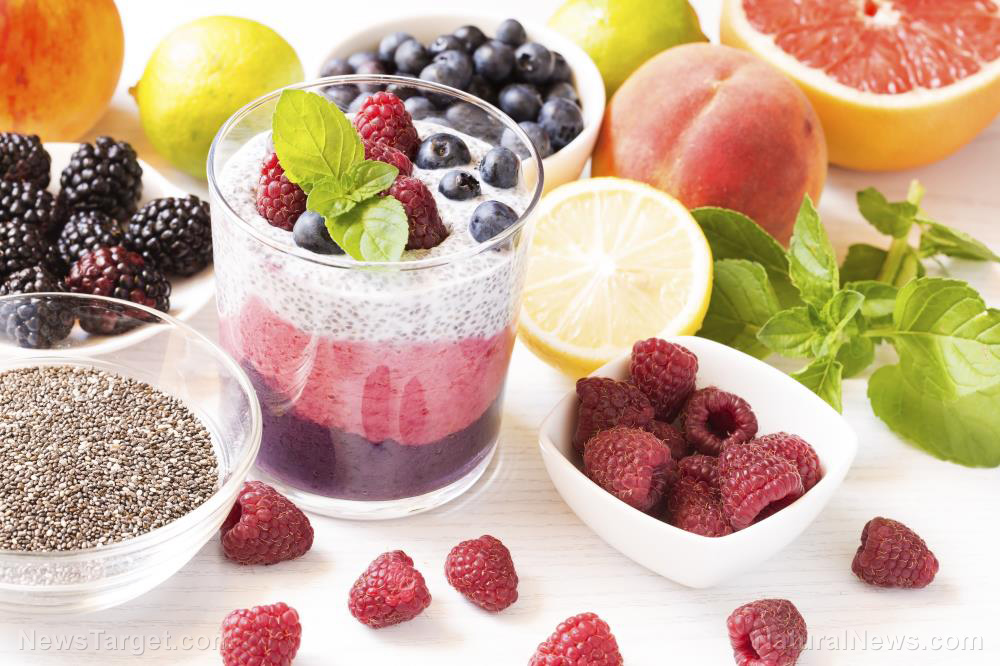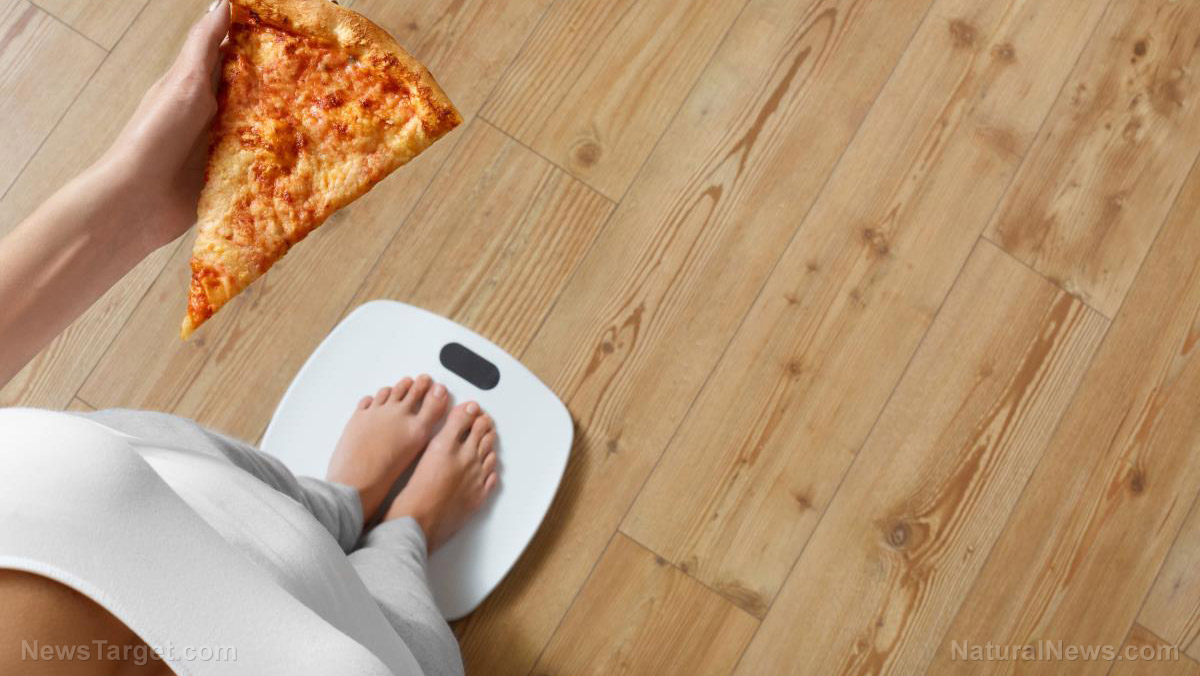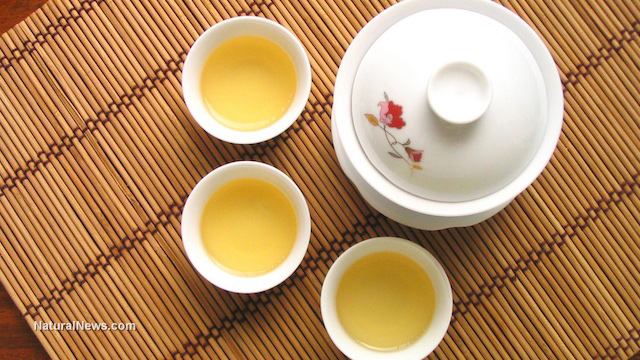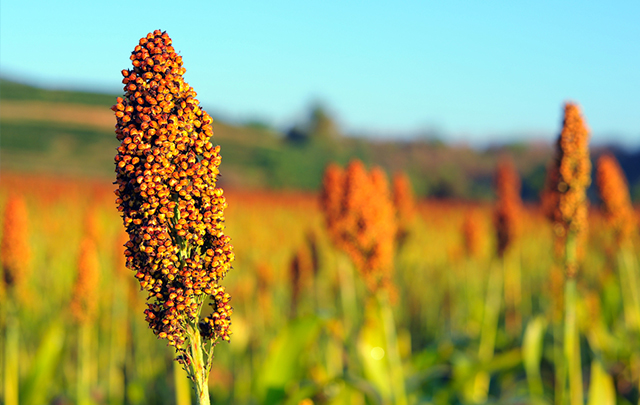Add fiber-rich chia and flax to your diet and boost your heart health
05/22/2020 / By Zoey Sky

Making changes to your dietary habits is one way to boost your overall well-being. According to health experts, incorporating chia seeds and flaxseeds into your diet can help improve your heart health.
Lower heart disease risk with these superfoods
Adding seeds like chia and flax to your diet is one way to protect your heart against various diseases if you don’t have time for complicated meal prep.
You can incorporate different kinds of nutrient-rich seeds into a healthy diet as a snack or add-on to salads or desserts. Another option is to buy or bake bread with chia or flaxseeds.
Both flaxseeds and chia seeds offer heart benefits due to their high nutrient content. Linda Van Horn, a registered dietitian and professor in the department of preventive medicine at Northwestern University in Chicago, explained that flaxseeds and chia seeds are rich in alpha-linolenic acid (ALA).
ALA is an unsaturated fatty acid that converts to omega-3 fatty acids, which you can find in fatty fish. Flaxseeds and chia seeds are also great sources of plant-based proteins, fiber, minerals and other nutrients.
Flaxseeds contain lignans, which are naturally occurring compounds that work together with fiber, antioxidants and healthy fats to reduce blood cholesterol. Lignans in flaxseeds can also help lower blood pressure.
Research has found that lignans may potentially reduce tumor growth in women with breast cancer. Additionally, lignans can help protect against prostate cancer.
Meanwhile, chia seeds contain most of the same nutrients in flaxseeds that help lower blood sugar response to eating. Fiber-rich chia seeds also function as a natural appetite suppressant. (Related: Reasons to eat chia seeds, the fiber-rich superfood.)
Other edible seeds like hemp, pumpkin, sesame or sunflower seeds also contain plenty of nutrients. Federal dietary guidelines recommend seeds and nuts as excellent sources of protein and as components of a well-balanced diet.
Adding seeds to a healthy diet
Before adding seeds to your diet, choose seeds that are prepared in a healthy manner, advised Van Horn. Beware of seeds in “unhealthy packaging,” such as products that contain added fat, salt or sugar.
Opt for seeds in a natural or toasted state, like nuts. Alternatively, you can consume seeds blended into baked goods or mashed as a paste, like tahini, a product made from sesame seeds.
Here are other healthy ways to add seeds to your diet:
- Add them to avocado toast
- Make granola bars and energy bars
- Bake muffins and other kinds of pastry
- Make overnight oats
- Make smoothies or smoothie bowls
Seeds are easy to eat by the handful, but you need to introduce them to your diet gradually. Seeds are fiber-rich and require lots of fluid to be fully digested, so you may experience constipation or diarrhea if you consume too much and too fast without drinking enough fluids.
Studies have found that chia seeds swell in size when exposed to water, so moderation is crucial when consuming chia seeds.
Overeating seeds can cause weight gain if you don’t consider the calories chia seeds and flaxseeds contain. A one-ounce serving of whole flaxseeds provides 150 calories, 7.6 grams of fiber and 6.4 grams of omega-3 fatty acids. On the other hand, a similar serving of chia seeds provides 137 calories, 10.6 grams of fiber and 4.9 grams of omega-3 fatty acids.
Small seeds may be harmful to patients with irritable bowel syndrome or diverticulitis. If particles get trapped in certain folds or “outpouchings” in the gastrointestinal tract, they may cause problems like irritation or inflammation. Before adding seeds to your diet, consult with a healthcare professional if you have any of these conditions.
Once you’re sure it’s safe for you to consume chia seeds or flaxseeds, add them to oatmeal or smoothies to naturally boost your heart health.
Sources include:
Tagged Under: chia seeds, dietary fiber, digestion, digestive health, flaxseeds, food cures, food is medicine, functional food, grocery cures, healthy seeds, heart health, high-fiber foods, natural cures, nutrients, omega-3 fatty acids, prevention
RECENT NEWS & ARTICLES
COPYRIGHT © 2017 HEART NEWS



















